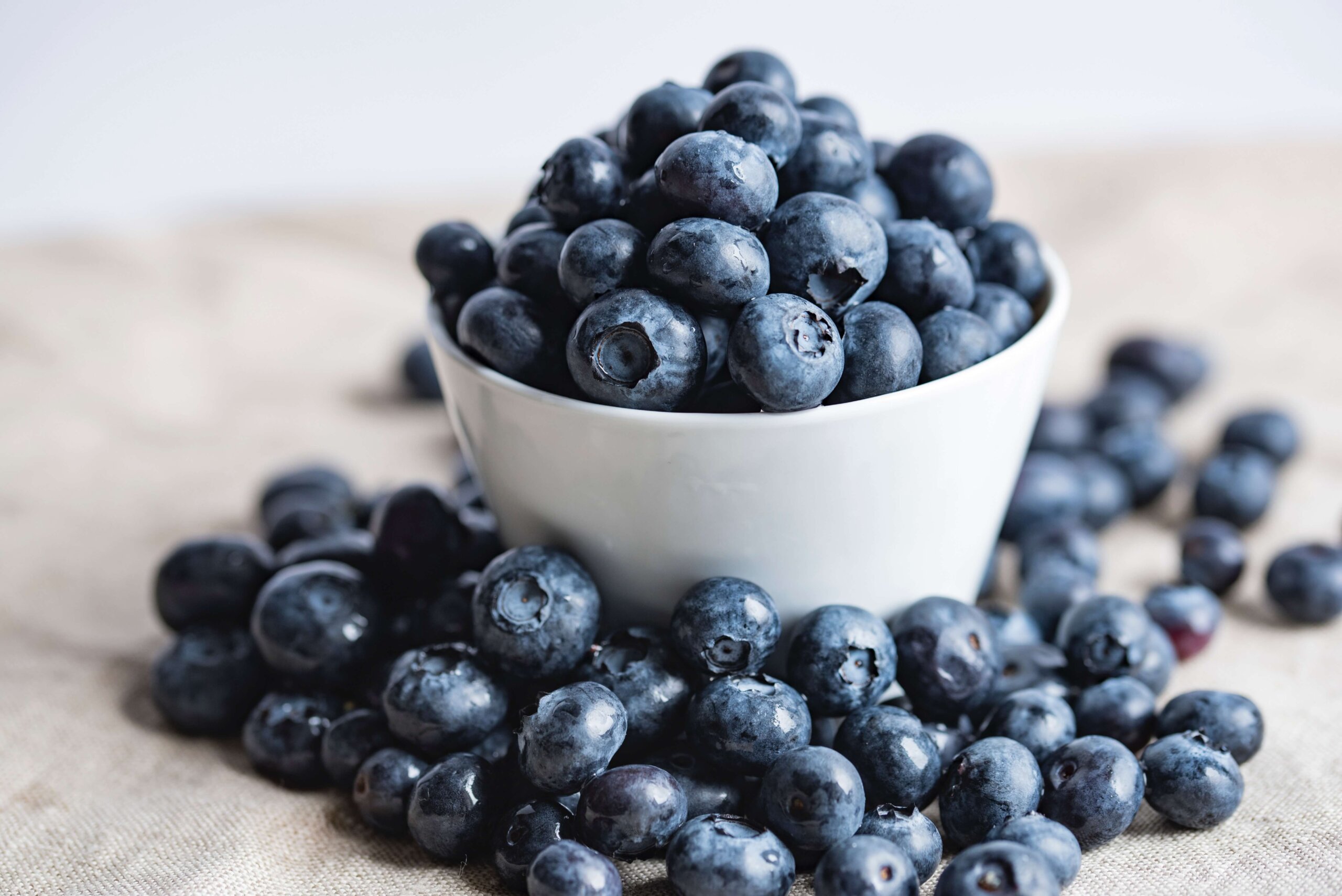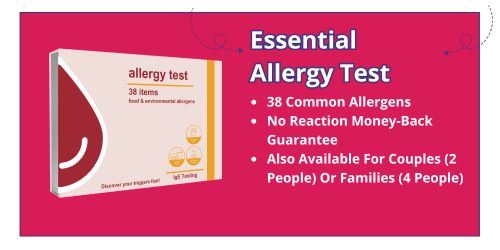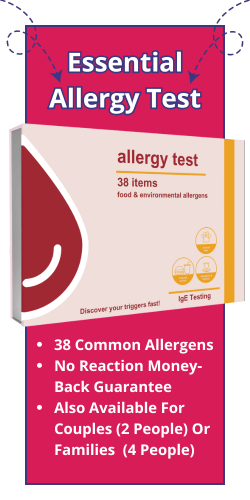In these health-conscious times, a group of foods has emerged as some kind of miracle sent down to us by the gods to bring us all perfect health. Deified by health gurus as the key to good health and longevity, this group of foods is most commonly known as “Superfoods.” But should we believe the hype? Should we all be prioritizing these foods in our day-to-day diet to consider ourselves healthy truly? And why does an allergy test complicate things?
What are superfoods?
Interestingly, there is no set, textbook definition of the ‘Superfood’; it is quite fluid and judged on a case-by-case basis. It is worth noting that most superfoods are plant-based, but there are some exceptions. What you can always expect from a superfood is for it to be nutritionally dense, rich in a variety of different vitamins and minerals that are essential to good health. Often, superfoods are rich in healthy fats, the only  macronutrient qualifier of a superfood. This is because there are different types of fats, and healthier ones tend to be more challenging to come by.
macronutrient qualifier of a superfood. This is because there are different types of fats, and healthier ones tend to be more challenging to come by.
Benefits of superfoods
When eating superfoods, there are a variety of benefits you’re probably looking to experience. Many superfoods are rich in antioxidants. Antioxidants are an anti-inflammatory agent, and they’re considered essential in combatting age-related diseases such as dementia and Alzheimer’s. They’re also often rich in a variety of vitamins and minerals. These nutrients will contribute towards improvements in a wide range of health markers such as vision, bone & joint health, heart function, cognitive function, and many other functions that make up your ability to lead, at least, a healthy life.
Which foods are classed as superfoods
As we said previously, most superfoods are plant-based. This is because plants tend to store more nutrients as opposed to animals, which will usually utilize them themselves. Avocados, blueberries, spinach, nuts, sweet potatoes, and kale are all examples of plant-based superfoods. We did also mention that there are some exceptions to the rule. Salmon is considered a superfood due to its omega-3 fatty acid content, where eggs are also considered a superfood due to their high fat and high-quality protein content. They’re also rich in a variety of vitamins.
Does an Allergy Test hold the answer?
When adding new foods to your diet, you’re potentially exposing yourself to something deadly. Food allergies are incredibly common, and an unidentified allergy can expose you to potential anaphylaxis, which can be fatal. Taking an allergy test can help you identify whether or not the food you’re adding to your diet could expose you to a range of symptoms. A superfood may not be so super if it causes you to experience rashes, headaches, and swelling of the throat. You can find an allergy test to suit your budget here.
Are Superfoods…super?
So, the big question, are superfoods super after all? Well, unfortunately, it is open to debate. There is no denying these foods have significant dietary value, but are they any more special than foods that don’t receive the denomination? There are plenty of foods that contribute vital nutrients that aren’t classed as superfoods. What is essential is to be sure that you’re eating a complete nutrient profile of foods to be sure you’re experiencing the best possible health outcomes.







